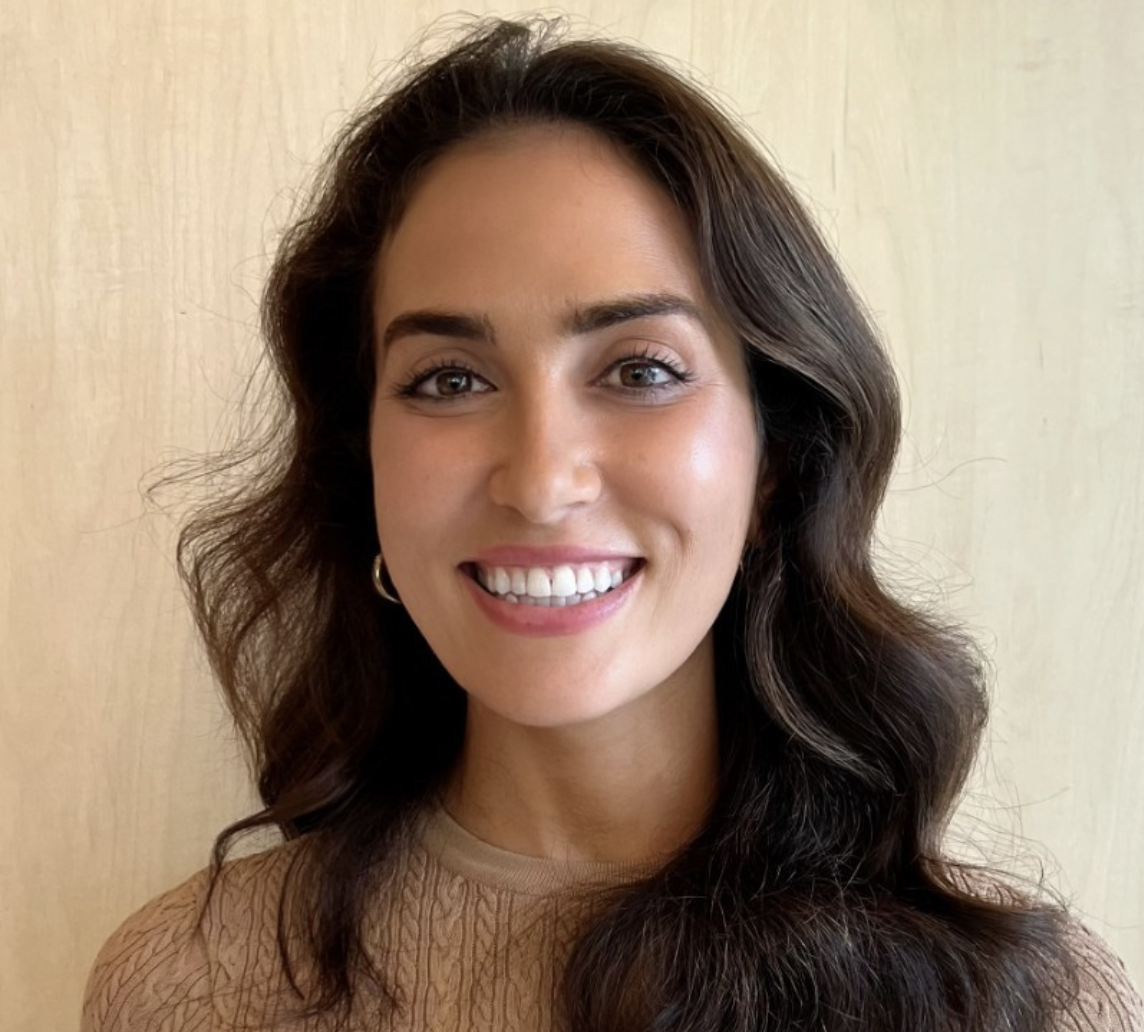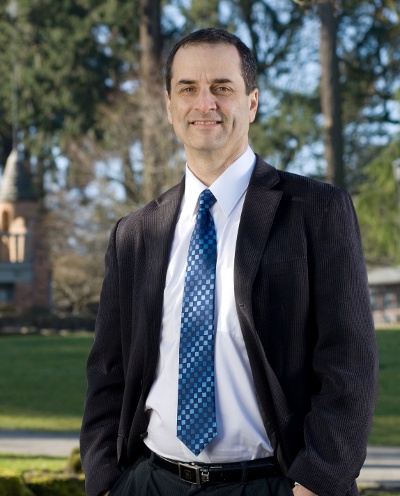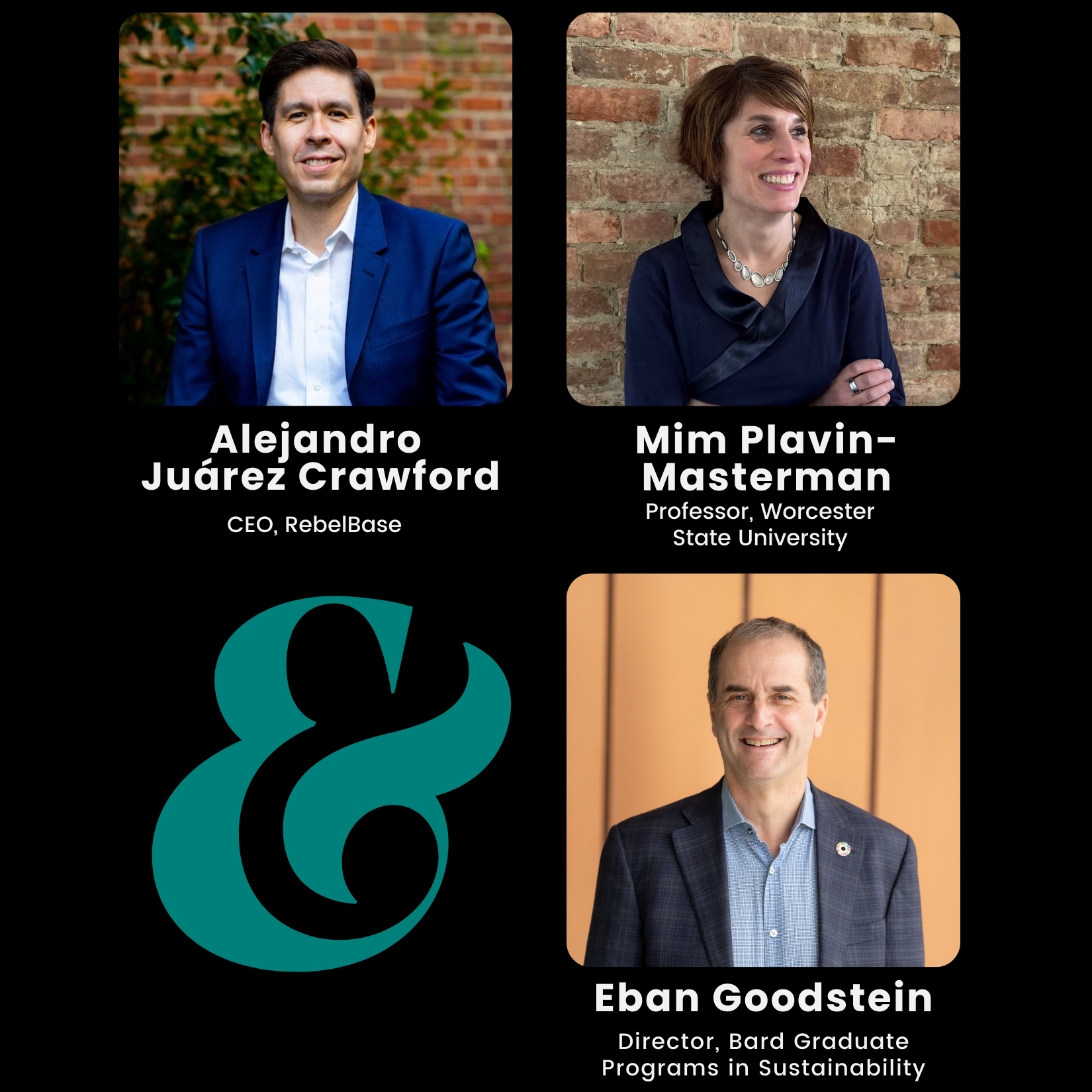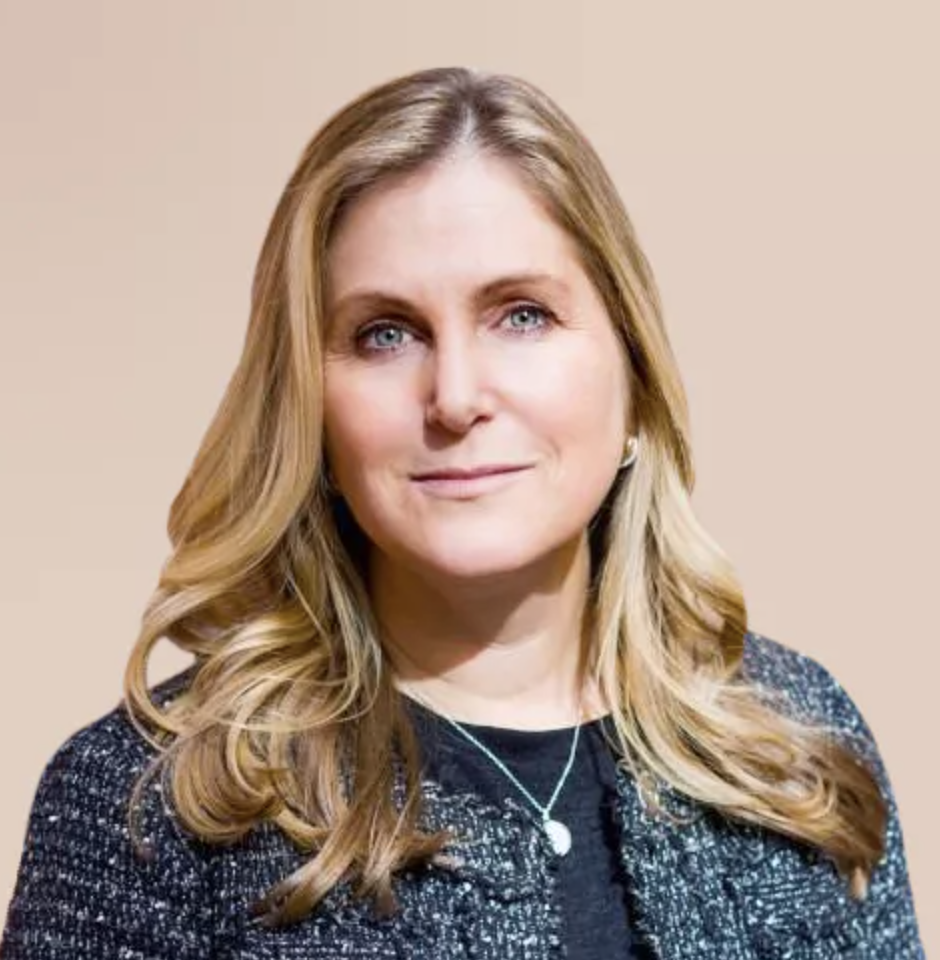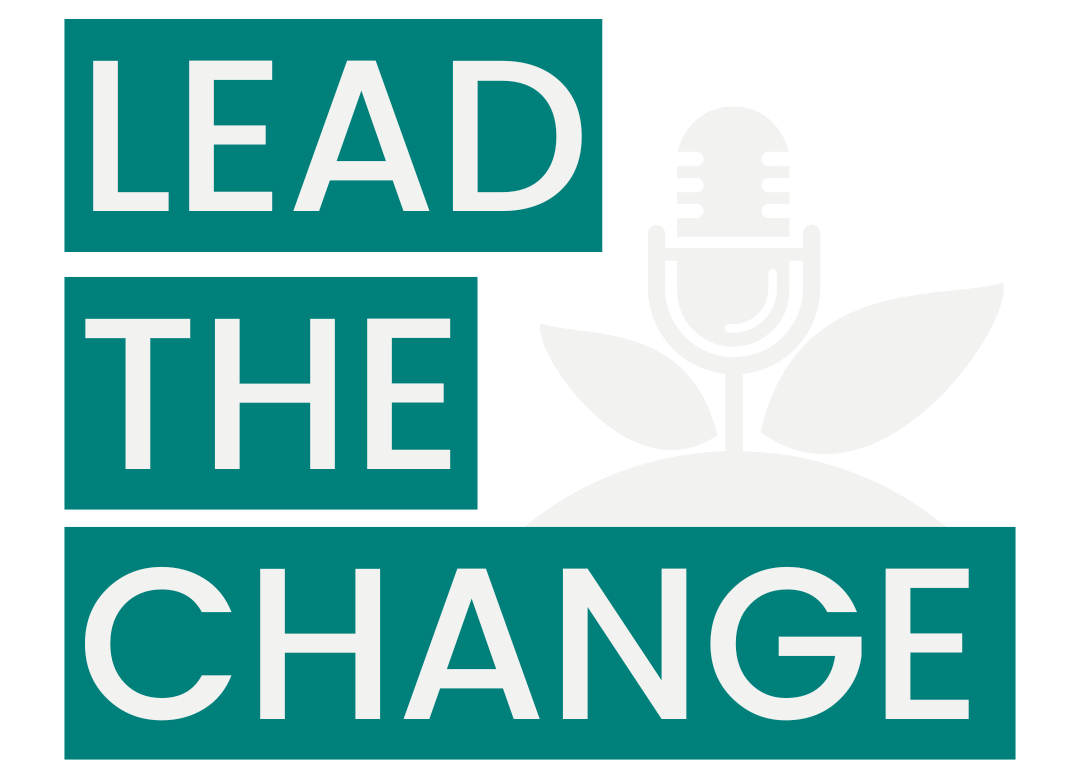
611: Investing in Climate Change Solutions with Collaborative Fund
Featuring Sophie Bakalar
Partner at Collaborative Fund
How Collaborative Fund Invests in Climate Change Solutions
Sophie Bakalar is a Partner at Collaborative Fund, a leading New York based venture fund with over $1 billion in assets under management to invest at the intersection of for-profit and for-good. Sophie leads the firm’s climate investments, including a new dedicated $200M+ climate fund called Collab SOS, to fuel a more sustainable economy across materials, ingredients, energy, and supply chains. Key investments: AMP Robotics, Brimstone Energy, Commonwealth Fusion Systems, Dandelion Energy, Kula Bio, Lyft, Mango Materials, Natural Fiber Welding, Quaise, among others.
Collaborative Fund’s Sustainable Business Partners
Sophie joined Collaborative Fund in 2016 to lead consumer brand investments and invested in consumer businesses within health and sustainability, including Daily Harvest, Square Roots, and OLIPOP. The impact she's made in the sustainable business sector has led to her being published and/or quoted in Fortune, TechCrunch, Financial Times, and the Economist — in addition to being named a Top Consumer Dealmaker and Influencer by Forbes.
She also co-founded and managed one of Collab’s portfolio companies – Fable. This real-time operating experience gives direct insight into market trends and opportunities. Prior to working in venture capital, Sophie co-founded di8it, a B2B SaaS startup specializing in software that reverse engineered chart images. The company was acquired in 2016 by Think Cell Software. Prior to di8it, Sophie traded credit derivatives for III Capital Management, a $5+ billion fixed income hedge fund, and concurrently studied Mathematics and Public Health at Tufts University.
What are Solutions to Climate Change?
Arielle Chafitz: Along the lines of the KPI question that I was asking, which I know is hard to quantify, are there metrics that you use to see or measure the progress of the companies that you do invest in or quantify, qualitatively or quantitatively, their positive impact environmentally or financially.
Sophie Bakalar: Yeah, I mean, we definitely again think a lot about how to quantify their potential for scale up. So if we're gonna really simplify the way different investors think about risk at different stages, you might say, you know, precede investors are taking technical risk, and seed investors are taking scale up risk, serious investors are taking some commercial risk, and so on, and so on. So what you really want to be able to prove between, let's say, the seed in series, around a climate is that you've de-risked the technology that it works, and that there's evidence that you can scale it up into a you know, culturally impactful hopefully, global business that really again, has massive scale.
And so how do we think about that if a company isn't generating revenue yet? That's quite hard. I mean, typically where we would like to invest is when a company is generating at least a small amount of revenue which proves that there is, you know, customer appetite, that there is a market for them which might be you know, 500K to a million dollars of revenue, maybe even less, maybe a little bit more. And then we can come in and make customer introductions through those partners and LPs that I mentioned, and then hopefully help them accelerate that scale up pretty significantly. The space where we're most focused on is what we call new materials and supply chains. And so there are, you know, tangible products that in theory should be generating revenue, you know, in a reasonable timeframe.
But it's, you know, there are a lot of technical hurdles to jump through before you can actually create a product and sell it to a customer, particularly when you're completely reimagining new materials and completely redesigning supply chains. You know that that takes time. So having some, either small revenue or proof that revenue is going to be coming in the door eminently, which might be, you know, purchase orders or pre-orders from customers, or contracts that are very well defined. Those are the kinds of things that we're looking for to prove that there's commercial appetite.
Arielle Chafitz: Right. And then so you mentioned the financial aspect given that you're at the intersection of for-profit and for-good. Are there environmental or social elements that you hope that these companies will achieve environmental or social impacts, rather that you hope that they will achieve?
Sophie Bakalar: Yeah, absolutely. I mean, that's sort of our first filter. When I think about what is the first, you know, test to get through the door, what's the first benchmark that we're gonna be using before we even look at a company before we even meet with them? It's, are they pushing the world forward? Are they doing good in the world? That's the very first question that we ask. So everything that we actually spend time on should pass that that test, and then we can start thinking about okay, can they scale, can they pass what we call the villain test, which is our framework for ensuring that companies aren't just sort of feel-good do-good projects, but also have the ability to scale, and you know and have that impact on sort of a global level in terms of very specific KPIs though, you know, we're fairly intentional about not setting quantitative KPIs around things like ESG targets, partly because, even though we're seres A B, which is a little bit later stage, we're still investing so early a lot of these companies would be disqualified from passing those tests, because, you know, they're projecting forward their impact it's you know, we don't want to disqualify companies who aren't achieving those KPIs just yet, because they might be on a 10, 15, even 20 year timescale.
And those are the types of companies that want to back, that are really going after the biggest challenges and taking the biggest swings and so they might not hit those targets right away, so we have to kind of have a long term vision for what environmental and social impact looks like.
Bard MBA’s Arielle Chaifetz speaks with Sophie for this episode of the Impact Report.
Arielle Chafitz: Would love to switch to a different topic. Our MBA program has a few classes called Sustaining Mission and Becoming a Sustainable Organization, where we focus on not just how to run a successful company, but how to be a good leader and preserve a company for the long haul. So with that background in addition to the metrics that we've discussed I'm wondering how you consider a company's leadership. Its culture, its employees when deciding if you want to invest in them, or if you do it all.
Sophie Bakalar: Yeah, it's such a great question, because when we're investing, we're not really at the stage where there's a lot to evaluate in terms of leadership and team. Right? Sometimes we're investing when there's 1 or 2 people. Often there are fewer than 10 on the team, and it's so important, why investors can be such a piece of the puzzle for building, you know, sustainable, and you know ethical companies, because we have a lot of experience across sectors. We've seen all these different iterations of teams, of organizations, and we can be part of the conversation as a company is scaling and adding to their team how to do that in a way that is responsible, and is you know, intentional. So it's not, I couldn't give you a very particular framework for evaluating teams other than we spend a lot of time with them, and really try to ensure. Not just that the management and executive team is strong and has a good, you know, top-down culture, but that the whole broad team really sort of fits our idea of what you know good, sustainable business looks like. But beyond that, we also have a hand in helping scale that right, we have a hand in and shaping that, and I think it's one of the ways that founders and startups can really leverage their investors because we have so much experience in hiring and building teams and thinking about culture and building that within an organization. So yeah, I hope that's something that we can be helpful with.
Arielle Chafitz: Yeah, I guess I should have started this with this question. But you mentioned a good sustainable business. So what does a good sustainable business look like for you?
Sophie Bakalar: Oh, gosh! I think we're gonna have to narrow it down a little bit from there. It depends so much on the sector and problem that they're solving and type of team. It's a little hard to paint, too broad of a stroke, but I think you know, again using our framework, this looking at the intersection of for-profit and for-good, our framework is sort of to think about companies that are again pushing the world forward, doing good in the world as the very first filter, as the first test for getting in the door, and then to narrow that down based on okay,
Can they do good in the world at scale? Because what we want to avoid is companies that are trying to do good in the world, trying to push the world forward, but don't have the ability to go beyond their own sort of insular tight circle. And so I think coupling those 2 things right, doing good the world, and being able to scale, and you know, by extension generate economic returns for your employees and your founders and your investors, and create sort of a global impact. I think that is a sustainable business, because it also, in addition to doing good and creating sustainable practices, it's a sustainable business model thinking about generating economic returns creates a flywheel that then extends the ability to do good in the world even longer. So it can feel kind of icky to talk about returns or economics when you're talking about doing good in the world, and I think that's why a lot of people don't. But actually, it is the most sustainable way of building businesses. Right? It's the most sustainable, and obviously I'm being a bit tongue-in-cheek because we're using sustainable and two different definitions for sustainable but I do think that's important, because if you create a business practice that only helps the environment or helps people helps the world for a very short time period, no, that's certainly a lot less exciting to me than building a long-term sustainable business model.
Arielle Chafitz: I think that was an amazing definition, that was great. And in the same vein of the I guess the original definition of sustainability, which is you know, longevity, and having a future with which I believe, is what we were both thinking about in terms of the initial definition of sustainability, I'd love to talk about your thoughts on public versus private companies, or if you have a hope for the companies that you invest in to IPO.
Sophie Bakalar: Yeah, I mean, absolutely. I'd love to see all of these companies have the same kind of breadth and impact. And by impact, I mean, just sort of influence on culture, and the way that culture and our economic systems are structured. I'd like to see them be a bigger part of that story right? I mean I think we're at such an exciting, unique inflection point in history, right where a lot of the legacy companies that we think of as being the big global brands that shape the way that we live they have, you know, they’re up and comers that have the potential to supplant those, and that makes me very excited to think of the, you know, global financial system that's comprised of companies that are being thoughtful about the way that they build their leadership teams and the way that they build their business models. That's super exciting to me. That's one of the reasons I do this job.
Arielle Chafitz: Do you think that there's a risk of the for-good element of these companies? Sort of detaching from them when they do join the public markets?
Sophie Bakalar: Yeah, it can be a tough structure, right? Public markets can be a bit antithetical to long term thinking right? They're structured to be very short term. I hope that there are systemic changes to the way that our financial systems are comprised that sort of address, those that's a longer conversation, unfortunately, but it's one of the reasons why thinking about building a sustainable and ethical culture from the very beginning is really important, because there are very good companies that are public companies, and I think we don't have as many models for that as we'd like, unfortunately. But I think this new wave, this new crop of companies that are spinning up now and hopefully will be entering the public markets in the next decade or two, I think they're going to be built differently, and part of that is good consumers right? It's the end, it's the individual, it's the consumer, it's the customer who is putting pressure on companies to behave differently and holding them to a higher standard. So, yeah, I think you know again, there are tensions there that are a little hard to deny, and hard to ignore. But it's not impossible. And I'm excited to see what can happen when companies that are economically driven and driven by their ability to do good in the world when they enter the public markets in the public sphere.
